A diverse generation fleet
Supporting growth in Texas
LCRA is helping to meet the growing demand for electricity in Texas by building a new peaker power plant, the Timmerman Power Plant in Caldwell County. Learn more about the new plant.
Thomas C. Ferguson Power Plant
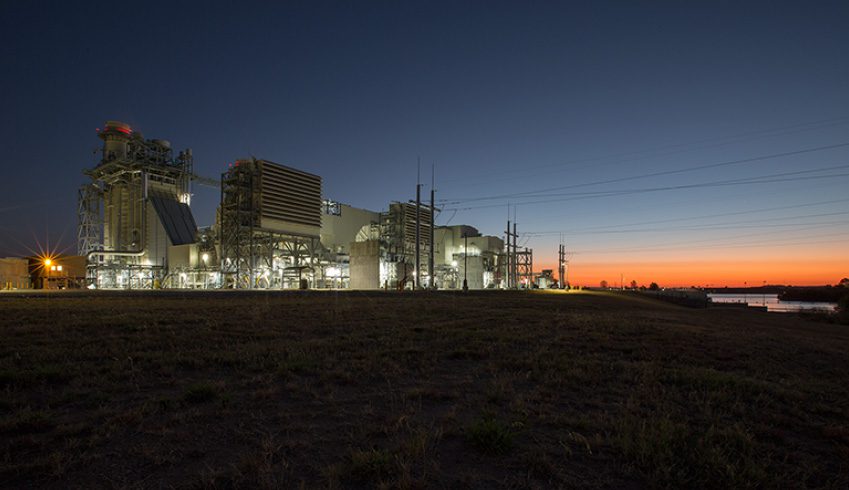
Year built: 2014
Net maximum capacity: 556 megawatts
Fuel: Natural gas, combined-cycle
Location: Horseshoe Bay, Llano County
Owners: LCRA and the City of San Marcos, which owns a small percentage of the plant
More: The original Ferguson Power Plant, built in 1974, went offline in September 2013 before the new Ferguson facility began operating in 2014.
Read a fact sheet on the Ferguson plant.
Fayette Power Project
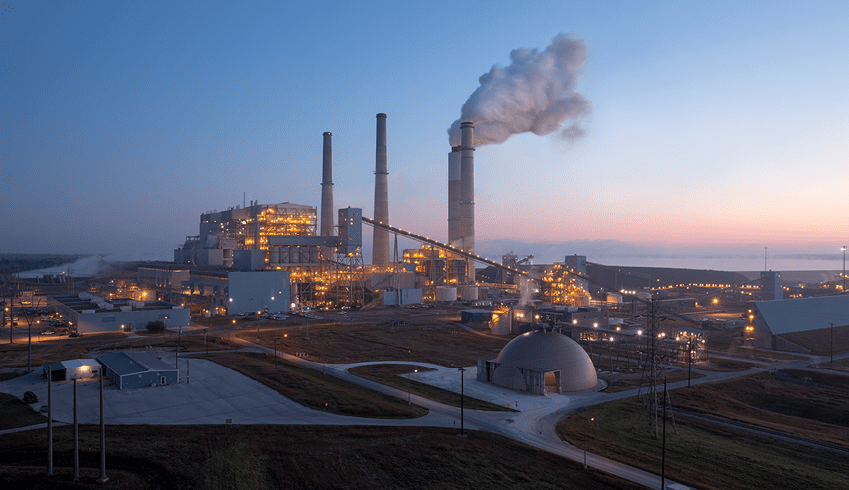
Year built: 1979 (Unit 1), 1980 (Unit 2), 1988 (Unit 3)
Net maximum capacity: Unit 1 can produce 601 megawatts. Unit 2 can produce 601 megawatts. Unit 3 can produce 440 megawatts.
Fuel: Low-sulfur coal from the Powder River Basin in Wyoming
Location: East of La Grange, Fayette County
Owners: LCRA and Austin Energy, which co-owns Units 1 and 2
More: See reports and records regarding coal-combustion residuals.
Winchester Power Park
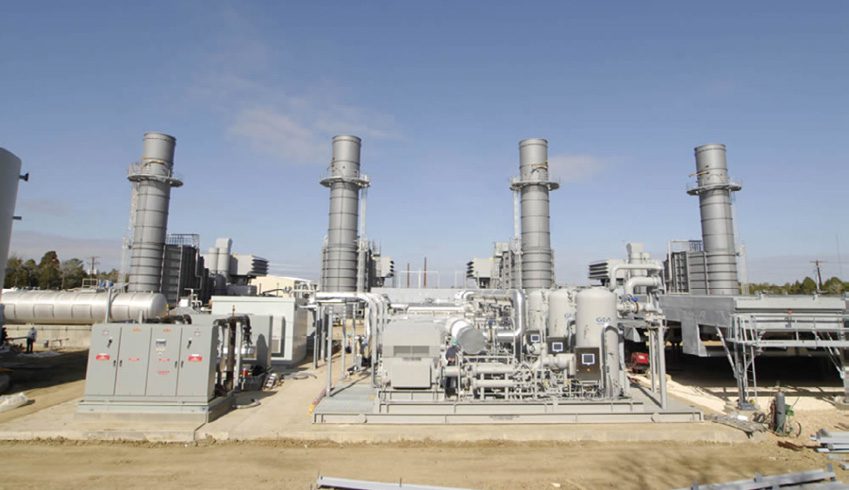
Net maximum capacity: 184 megawatts
Fuel: Natural gas
Location: Winchester, north of La Grange in Fayette County
Owner: LCRA
More: This peaker power plant produces power when it is needed most, typically during early morning, late afternoon and evening hours when residents use electric appliances and heat or cool their homes. The four turbines are jet engines and can power up to full capacity in about 10 minutes.
Lost Pines 1 Power Project
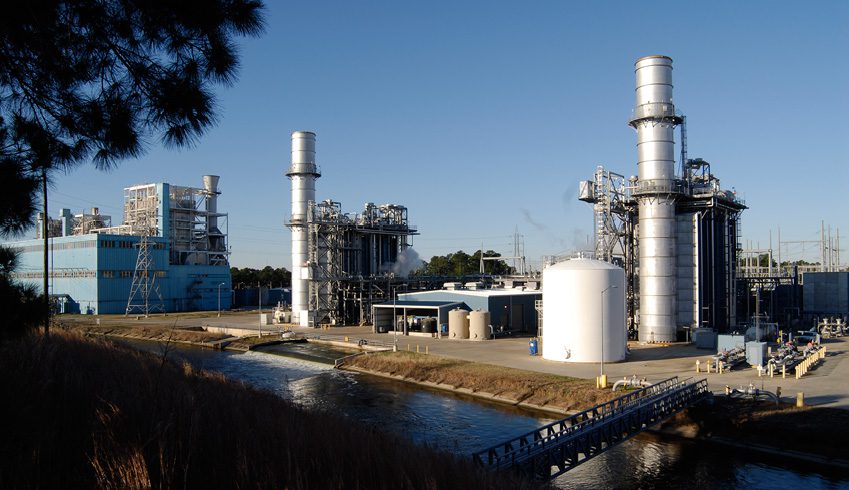
Net maximum capacity: 540 megawatts
Fuel: Natural gas, combined-cycle
Location: East of Bastrop, Bastrop County; shares the Lost Pines Power Park with the Sim Gideon Power Plant
Owners: LCRA and GenTex Power Corporation, an LCRA affiliated corporation
More: Lake Bastrop near South Shore Park provides the plant’s cooling water.
Sim Gideon Power Plant
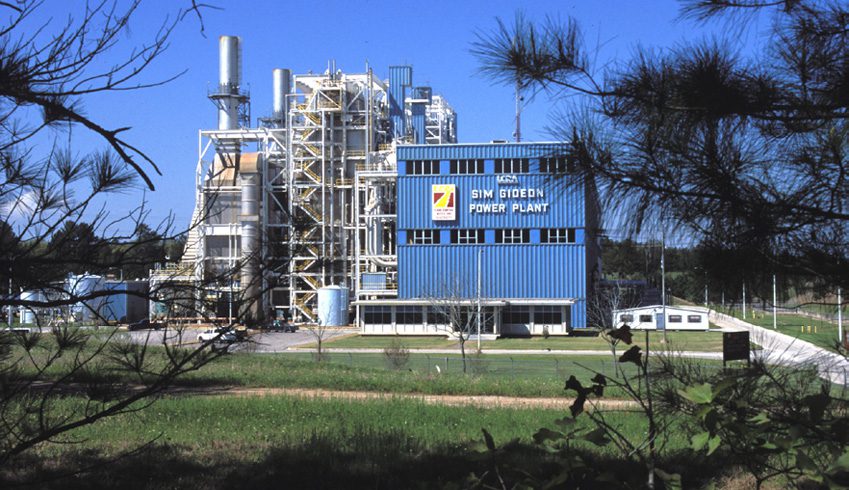
Year built: 1965 (Unit 1), 1968 (Unit 2), 1971 ( Unit 3)
Net maximum capacity: 620 megawatts
Fuel: Three traditional gas-fired thermal steam units
Location: Five miles east of Bastrop; shares the Lost Pines Power Park with the Lost Pines 1 Power Project
Owner: LCRA
More: Lake Bastrop near South Shore Park provides the plant’s cooling water.
Buchanan Dam
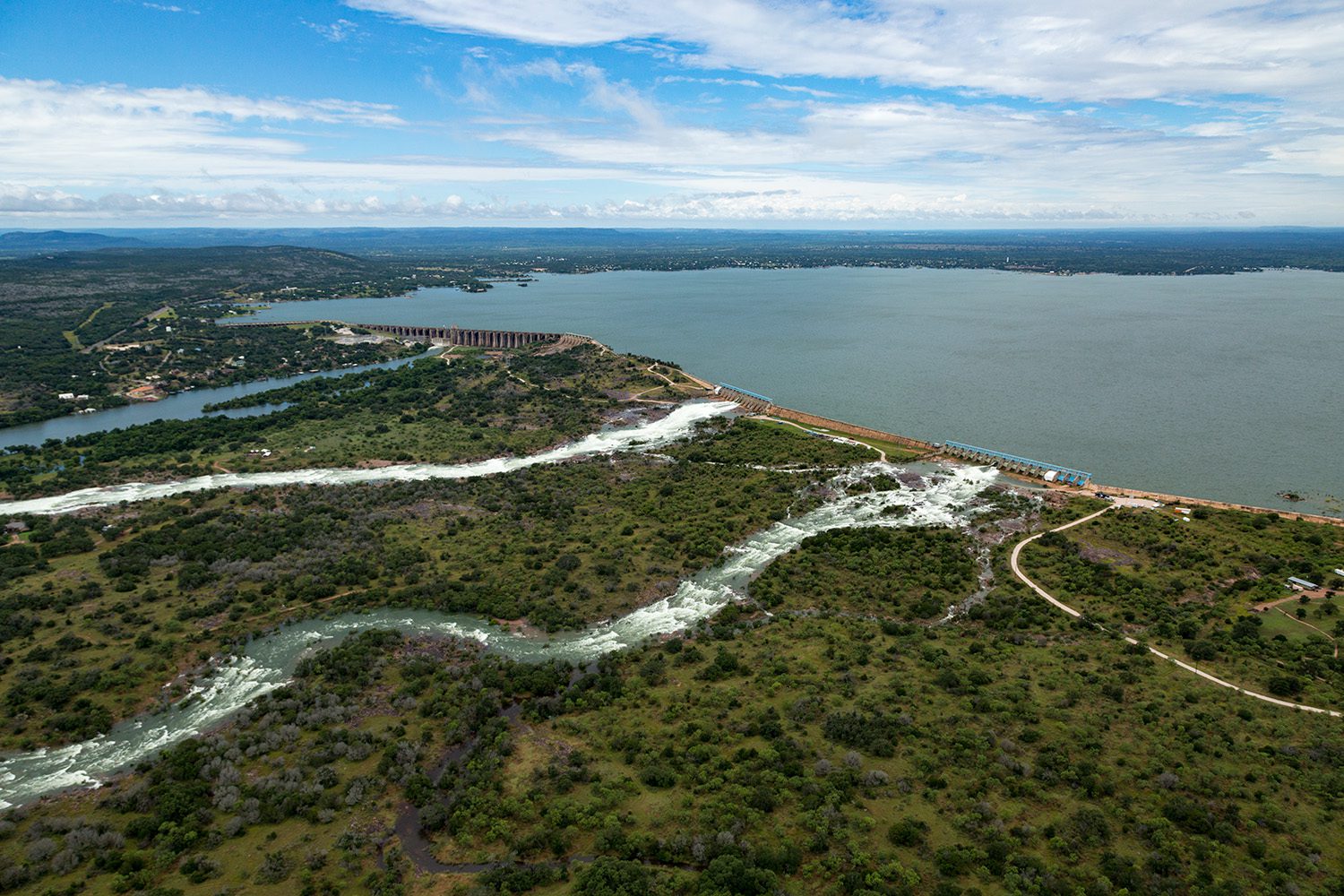
Generating capacity: 54.9 megawatts
Fuel: Hydroelectric generation
Location: Burnet and Llano counties
Inks Dam

Year completed: 1938
Generating capacity: 13.8 megawatts
Fuel: Hydroelectric generation
Location: Llano and Burnet counties
Wirtz Dam
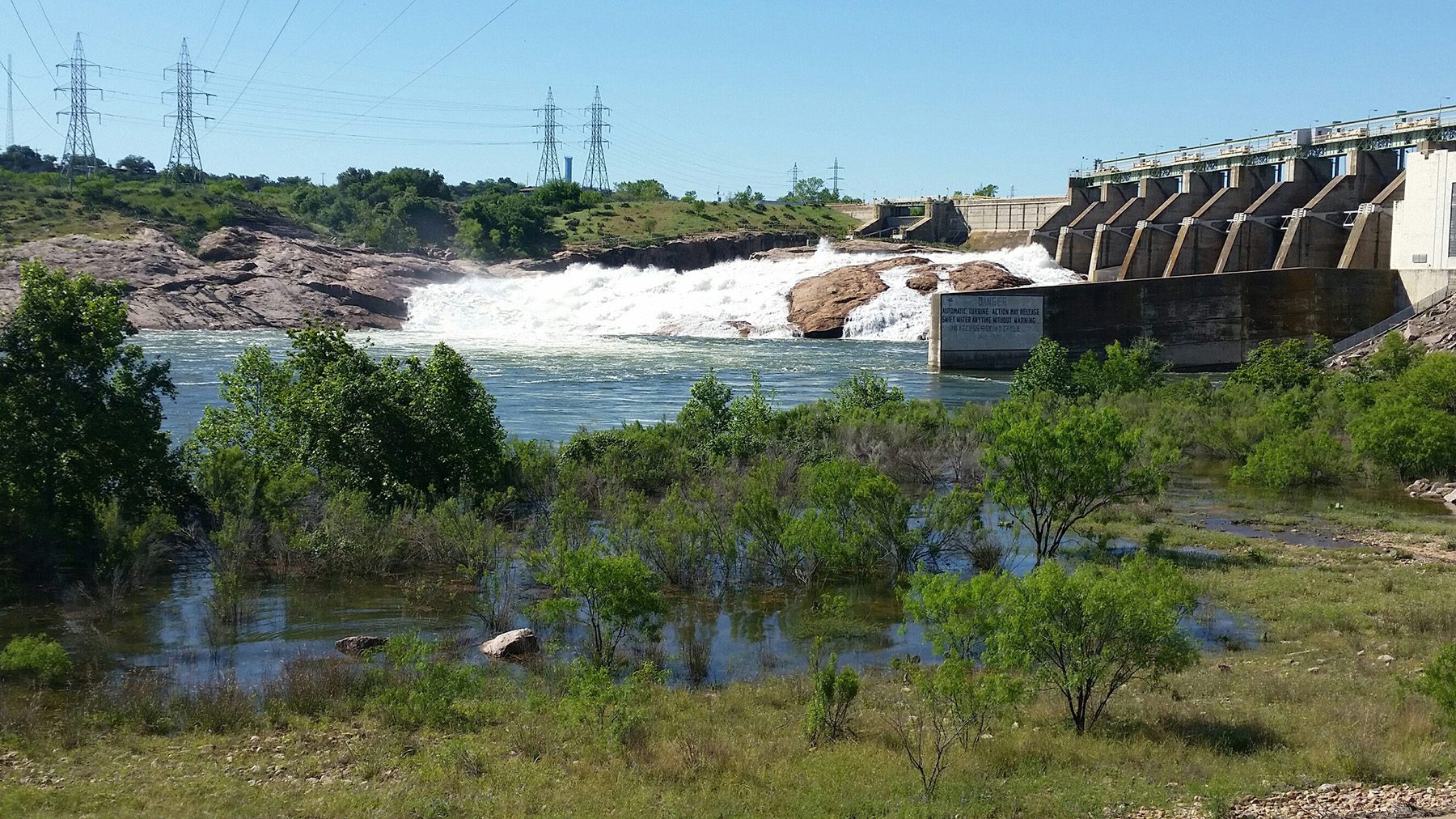
Generating capacity: 60 megawatts
Fuel: Hydroelectric generation
Location: Burnet and Llano counties
Starcke Dam
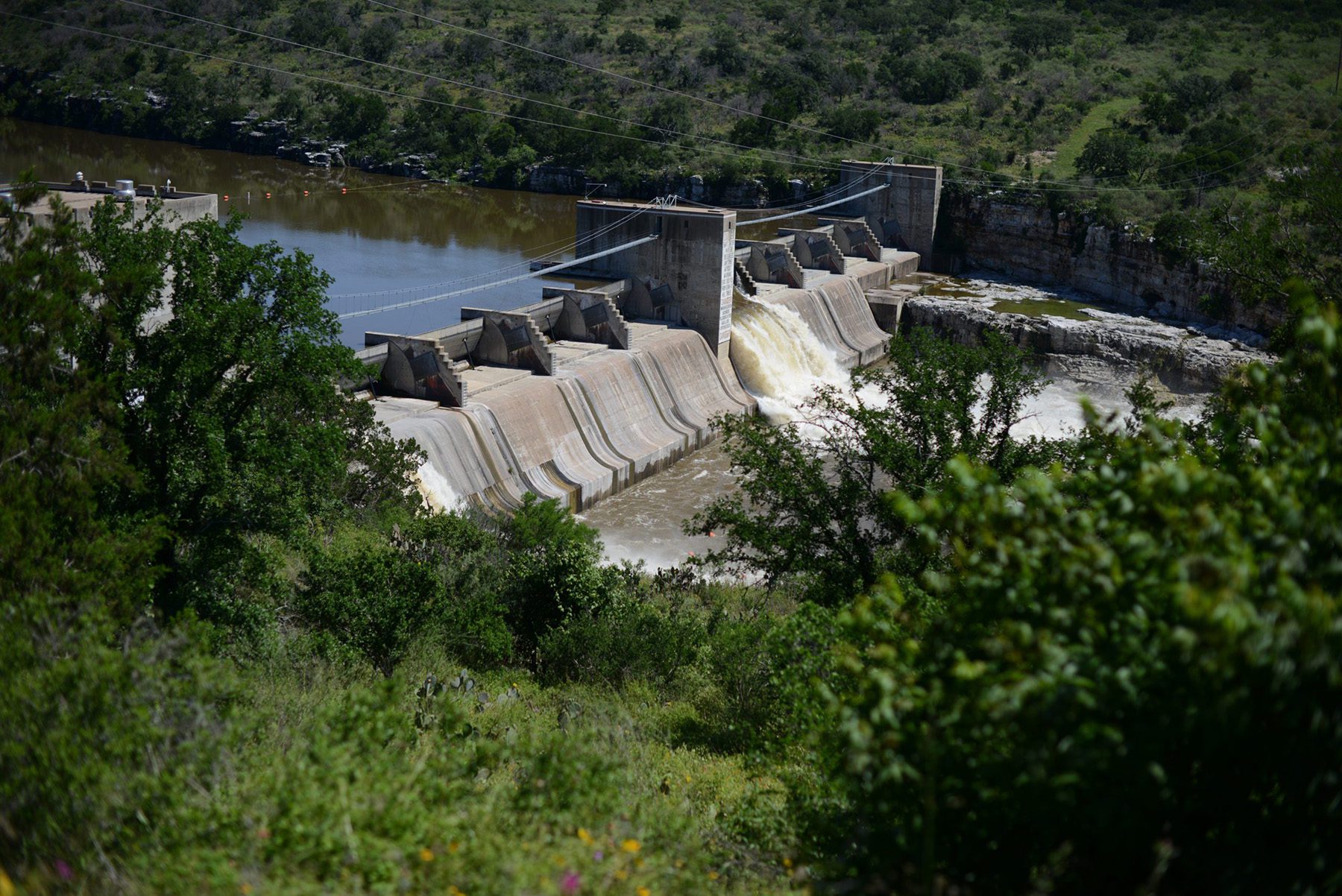
Year completed: 1951
Generating capacity: 41.4 megawatts
Fuel: Hydroelectric generation
Location: Burnet County
Mansfield Dam
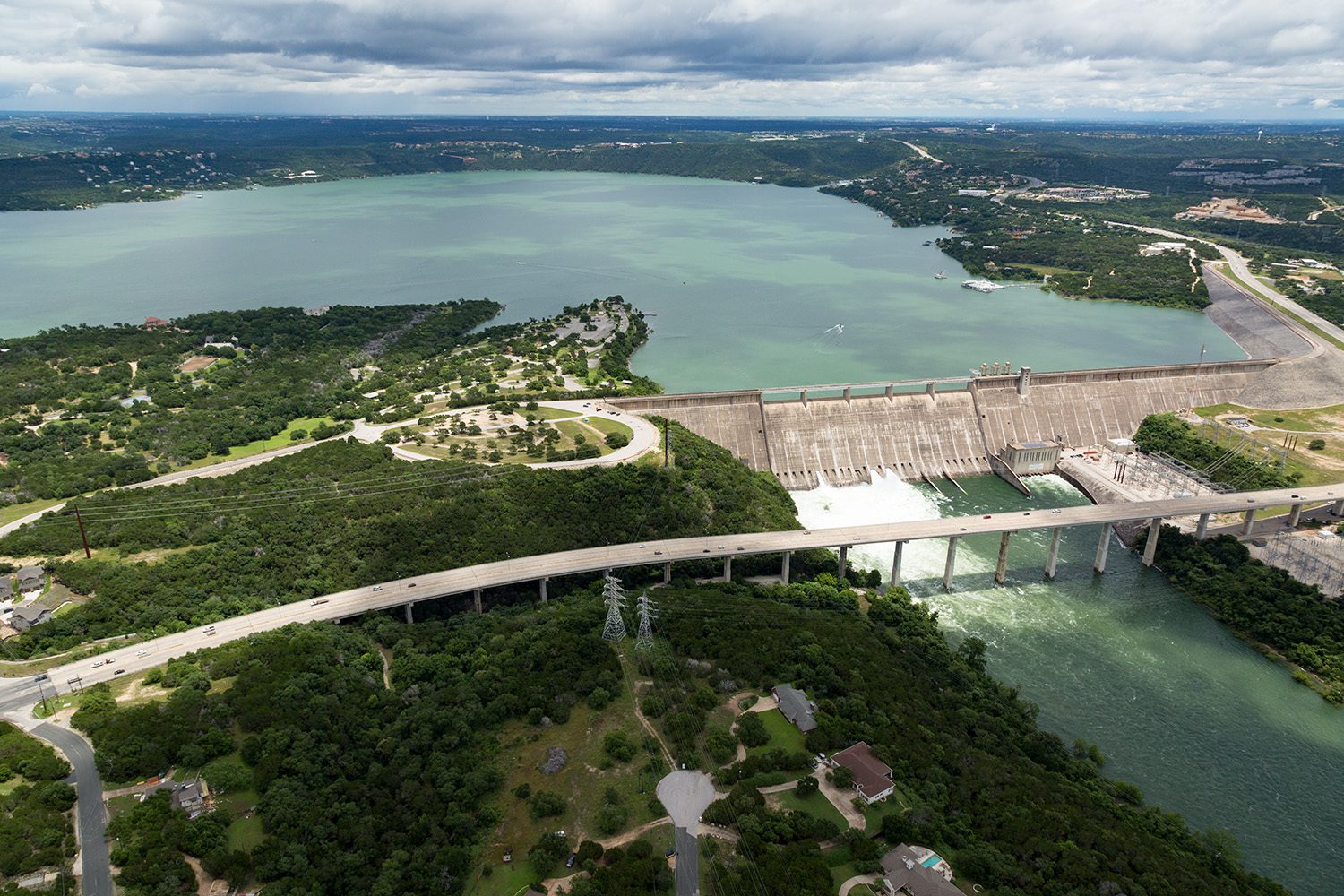
Year completed: 1942
Generating capacity: 108 megawatts
Fuel: Hydroelectric generation
Location: Travis and Burnet counties
Tom Miller Dam
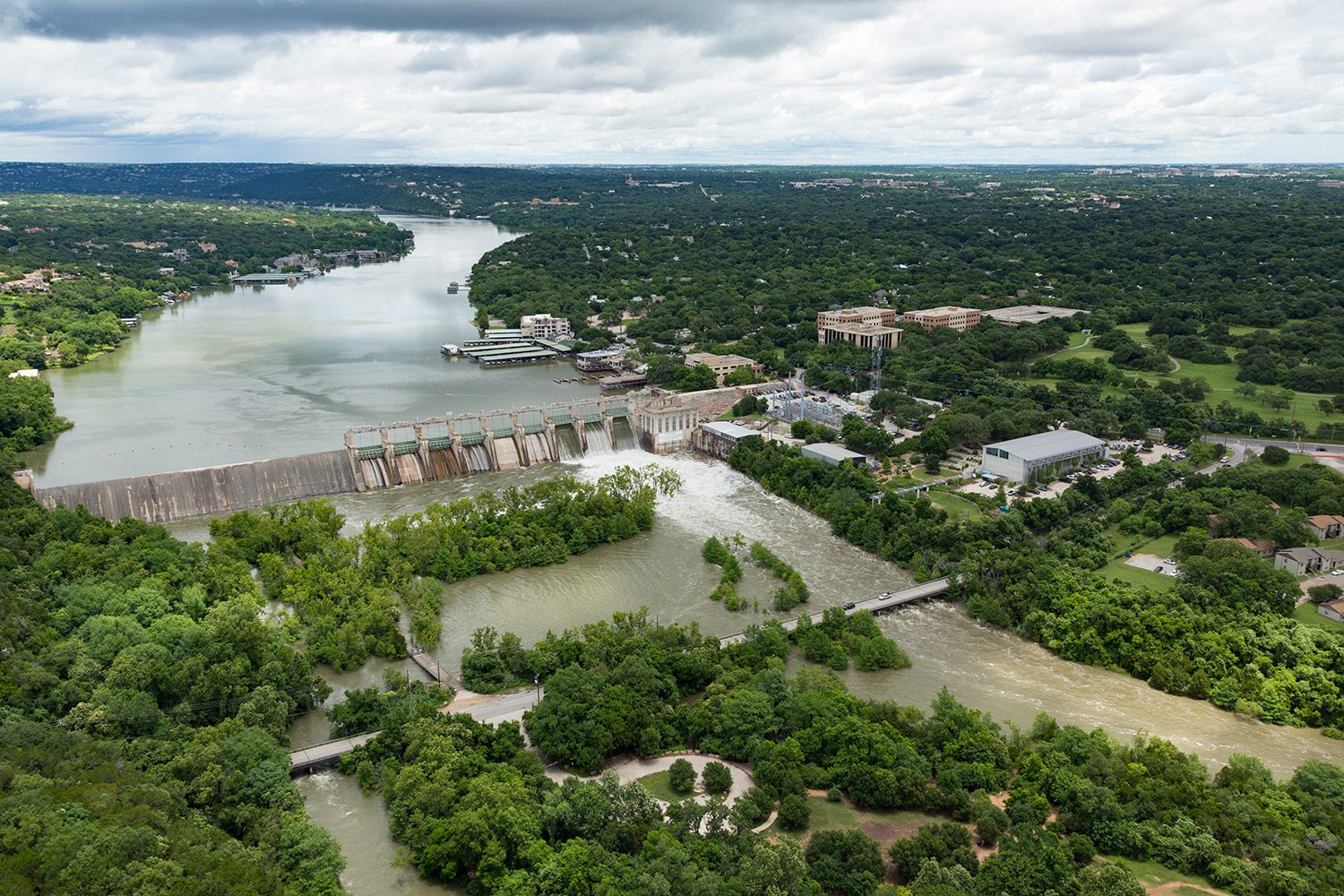
Year completed: 1940
Generating capacity: 17 megawatts
Fuel: Hydroelectric generation
Location: Travis County
Hilbig Gas Storage Facility
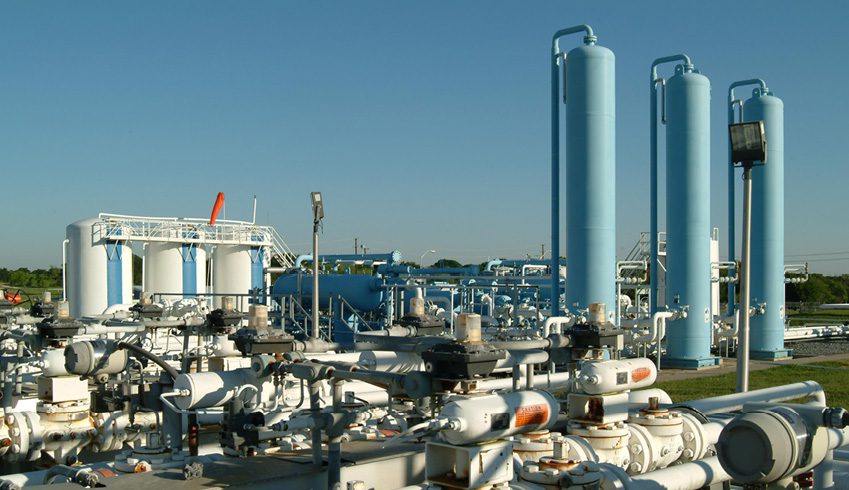
Location: Rockne, Bastrop County
Owner: LCRA
More: Hilbig is an underground natural gas storage facility for LCRA’s power plants. It was originally an ancient volcano that was sealed by an outer layer of shale.
Smithville Rail Fleet Maintenance Facility
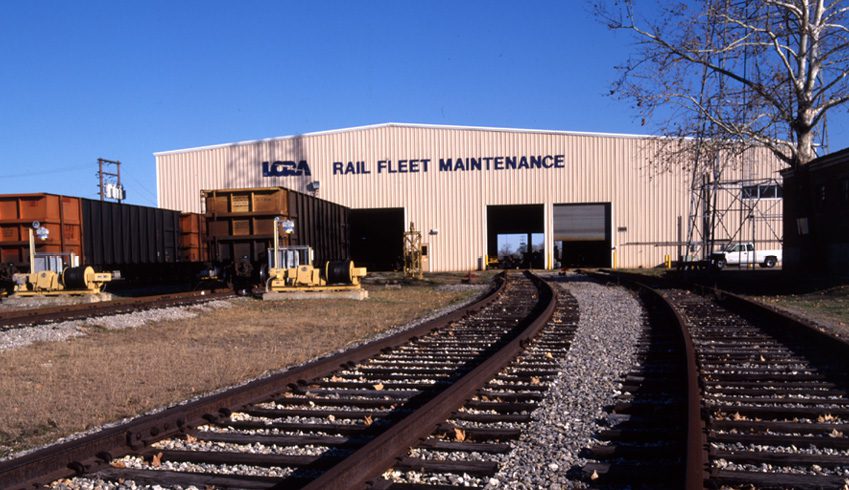
Owner: LCRA
More: The Smithville team maintains more than 1,100 railcars that transport low-sulfur coal from Wyoming mines to the Fayette Power Project, repairing and maintaining an average of eight railcars a day.
Additional resources
LCRA owns a share of the coal-fired Sandy Creek Energy Station in McLennan County.
Providing clean power
LCRA generates hydroelectric power at each of the Highland Lakes dams. Though once a significant portion of LCRA’s generation portfolio, hydroelectric generation now is only used as a byproduct of river management or during a power emergency.
LCRA recently has increased its purchase of renewable energy, adding 143.5 MW from the Juno Solar project in Borden County in 2021. This project is in addition to the 10 MW LCRA began purchasing from the Mars solar project in south Texas in 2019,
LCRA also operates its electric generating facilities efficiently and in an environmentally responsible manner, and has committed millions of dollars to further improve emissions of its power plants.


Social Media